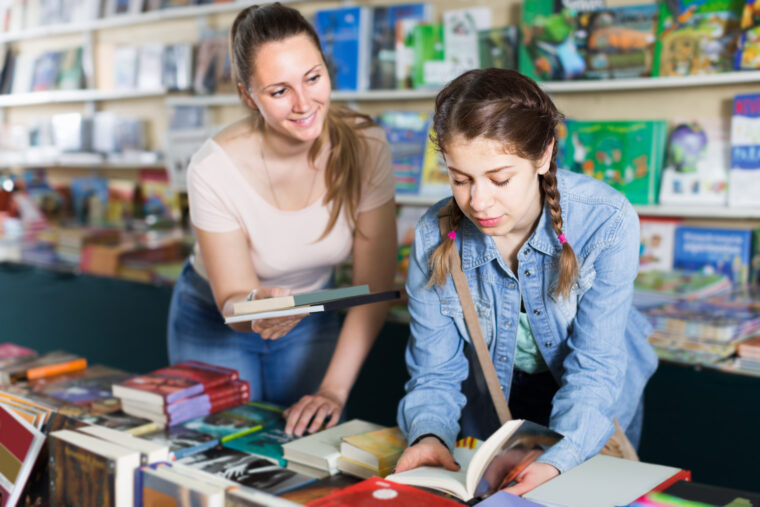Every child is unique, and this uniqueness extends to their learning styles and abilities.

Some children face struggles with reading and learning, resulting in them feeling frustrated and left behind in traditional classroom setups.
Understanding the Struggles
Children with reading and learning difficulties often face a variety of obstacles that hinder their learning experience. Learning differences like dyslexia, attention deficit hyperactivity disorder (ADHD), auditory processing disorders, or other language and cognitive difficulties can make it difficult for them to grasp foundational reading and learning skills.
In my experience as a learning specialist and educational consultant, I’ve witnessed the following difficulties in children with learning differences:
- Difficulty in decoding words and sentences.
- Limited comprehension and retention of information.
- Reduced self-esteem and motivation.
- Struggles with maintaining attention during reading or study.
- Limited access to appropriate reading materials and learning resources.
The Role of Local Bookstores
I’m not sure how many communities still have them, but when my daughter, who has dyslexia, was in grade school, our local bookstore used to be a safe haven for her. These local bookstores present an inclusive educational environment packed with various resources and services that can greatly benefit children with learning difficulties.
Jane Anderson, a seasoned bookseller who has worked extensively with children with learning difficulties remarked, “Empowering a child towards autonomous learning begins with creating the right environment. A bookstore isn’t just about selling books—it’s about nurturing a safe sphere for exploration and discovery.”
Resources and Services Offered by Bookstores
- Tutoring Programs:
- Bookstores sometimes work with tutors who help children with learning difficulties. The tutors can provide extra help and personalized attention to each child. They will give the child one-on-one sessions that focus on reading skills, understanding what they read, and helping them feel more confident.
- Access to Useful Books:
- Bookstores provide books for children of all academic levels. Picture books, graphic novels, simple stories, and classic books are available to help children find something that interests them. These books help encourage a love of reading in children who have difficulty with reading.
- Educational Technology:
- Bookstores are adopting educational technology to help with learning. These tools include electronic books, apps, and websites that change as you learn. By having these tools, children who have trouble reading can get help from technology to make their learning easier
Local bookstores play a vital role in supporting children with reading and learning difficulties. They offer personalized guidance, captivating books, and educational technology, all of which contribute to unlocking a love of learning and transforming lives.
These bookstores are more than just commercial outlets; they serve as educational hubs that accelerate literacy and cultivate a lifelong passion for learning. It’s crucial for parents, educators, and communities to embrace and support these invaluable institutions to ensure that children with learning difficulties have the tools they need to thrive academically and beyond.
If you’re ready to harness the power of literature and personalized support, and use innovative ways to empower your child, click for a FREE Learning Clarity Breakthrough session with me to unlock your child’s true potential and set them on a path to success.

Autonomous learning is crucial for growth .I like the idea of libraries and book stores helping kids learn. I grew up as a regular library visitor.2 infact.
I have always loved bookstores! And they played a big part in my homeschooling journey with my son. I can definitely see how valuable they could be for children with learning difficulties. I hope, in the age of Kindle and Nook, that they never go away.
This is why we need to preserve our local bookstores.
Florence, you write so beautifully. I celebrate all you have said about bookstores. In addition, many bookstores allow childrens’ book authors to do readings and interact with both the children and their parents. Another nonlinear form of learning. Good stuff.